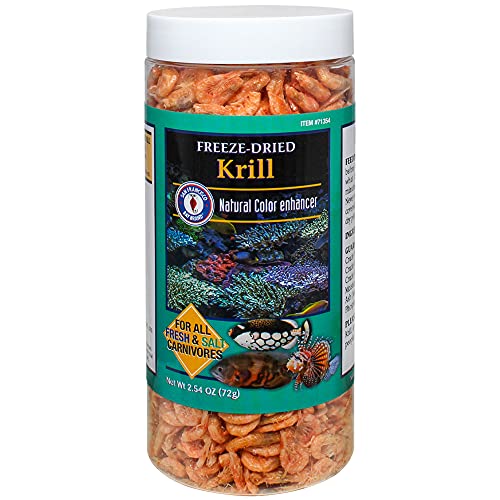I have always had issues with hydrometers, even calibrated ones. The problem is, i think, they are calibrated at a certain salinity, so the readings for any other salinity wasn't perfectly accurate.I much prefer to use my box swing arm hydrometers that I keep clean with white vinegar and rinse after every use.
I calibrated them against my certified calibrated Fisher Scientific hydrometer and cut material off the swing arm to lower the reading for one, and cut material off the weight material to bring the reading up on the other one.
I only check the boxes against the certified hydrometer once a year and find daily use of the box to be quite convenient.
At a club meeting last year, nine refractometers, some the same brand, gave readings up to 3ppt different even though the owners swore to the calibration of their unit.
I've used my certified calibrated hydrometer to check other hobbyists swing arms but the newer ones we just mark the variation on the plastic hydrometer because the newer ones don't come apart to adjust like the old ones did.
Though, I put that behind me a got a digital salinity meter.




























































